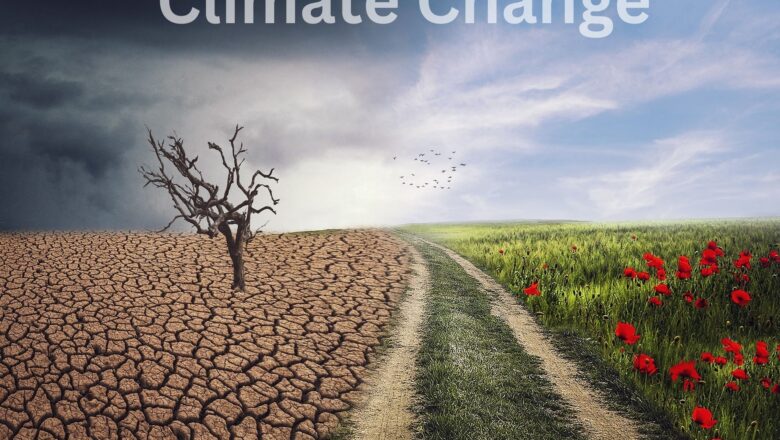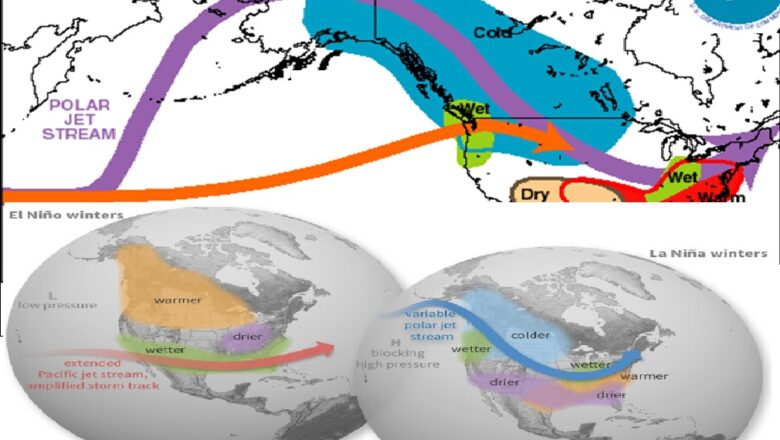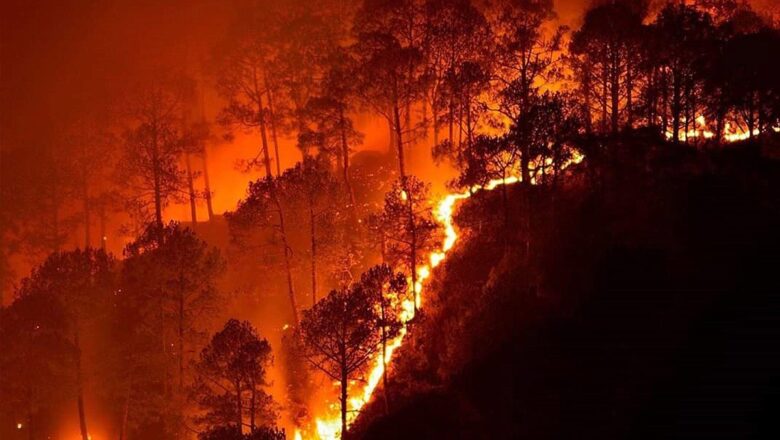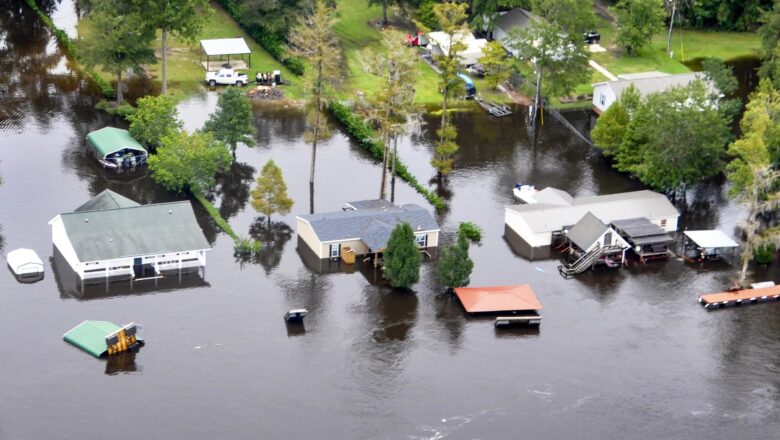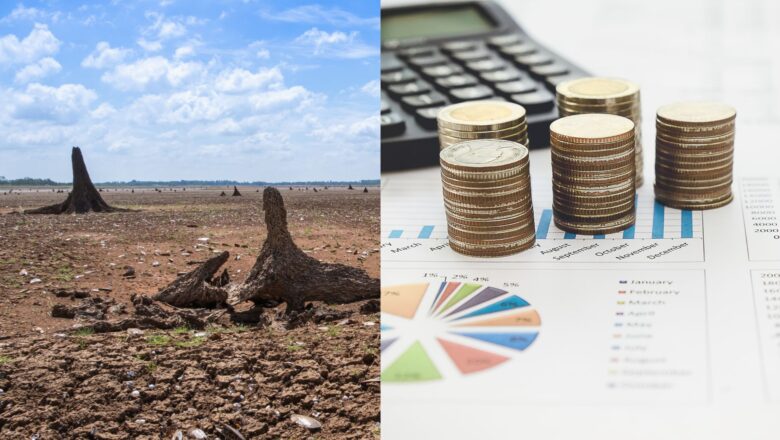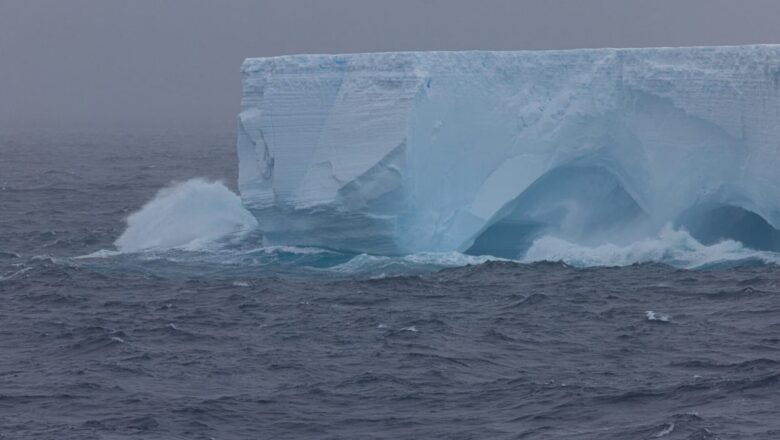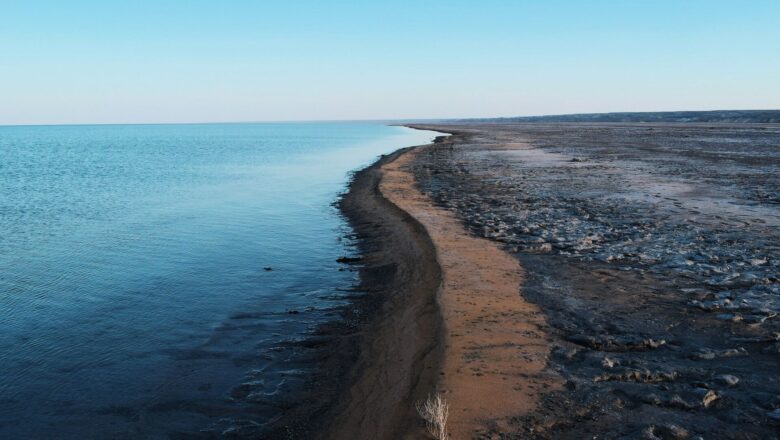
Ghana’s Coastal Erosion Crisis Threatens Communities and Heritage
The relentless advance of the sea along Ghana’s coast has not only erased significant portions of its landscape but also consumed key historical sites, leaving communities and livelihoods in jeopardy. Among the losses is the UNESCO World Heritage site once used to hold enslaved Africans during the transatlantic slave trade. Today, only remnants of the fort remain, with 90% of its structure swallowed by the ocean.
“In 1907, the erosion started,” recalls James Ocloo Akorli, a historian and caretaker of the fort's remains. “First, it was the coconut trees. Then, the houses went. By 1980, when it was still being used as a prison, the damage was already severe.”
The fate of Fort Kongestein in Ada Foah, built in 1783 and integral to the European slave trade, echoes this story. It has been ...


